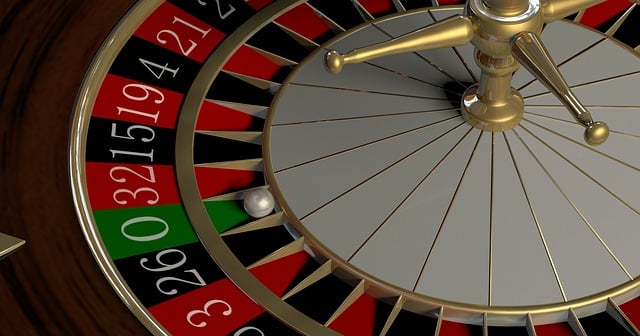Diagnosis
To be diagnosed with gambling disorder, an individual must exhibit at least four of the following symptoms within the previous year.
- To experience the desired thrill, it is necessary to gradually increase the wagers when gambling.
- Experiencing restlessness or irritability while attempting to reduce or quit gambling.
- Persistent and unsuccessful attempts to regulate, reduce, or quit gambling.
- Regular contemplations regarding gambling, such as reminiscing about past gambling experiences or making plans for future gambling endeavours.
- Frequently engaging in gambling as a coping mechanism during times of emotional distress.
Many individuals, particularly those with knowledge of gambling, tend to revisit gambling establishments in an attempt to recover their losses. This behaviour is commonly known as “chasing” one’s losses.
Engaging in Deceptive Practices to Conceal Involvement in Gambling
Jeopardizing or jeopardizing a significant personal connection, employment, or educational or professional prospects due to involvement in gambling activities.
Depending on others for financial assistance due to issues arising from excessive gambling.
During the course of gambling disorder, individuals may experience times when their symptoms diminish. These periods of relief can create an illusion that the gambling problem has subsided, especially when compared to episodes of more severe symptoms.
Gambling addiction tends to have a hereditary component, with a higher likelihood of occurring within families. Risk factors for developing this disorder include experiences of trauma and social inequality, especially among women. The symptoms can manifest during adolescence or well into older adulthood, with men typically starting their gambling habits at a younger age compared to women, who tend to initiate gambling later in life.
Treatment
The helpline is dedicated to addressing the issue of problem gambling on a national scale.
You can contact us either by calling or sending
Managed by the National Council on Problem Gambling
Many individuals have the ability to quit gambling independently, while others may require assistance in dealing with their gambling issues. Seeking treatment for gambling disorder is a step taken by only 10% of individuals facing this problem.
Gambling has varying impacts on individuals and different people may respond better to different approaches. Various therapeutic methods, such as cognitive behavioural therapy (CBT), psychodynamic therapy, group therapy, and family therapy, are employed to address gambling problems.
Counselling services are available to offer support and assistance to individuals seeking a better understanding of gambling and its impact on themselves and their loved ones. Moreover, counselling provides an opportunity for individuals to explore different options and develop effective problem-solving strategies.
FDA-approved medications for gambling disorders are currently non-existent. However, certain medications could be beneficial in managing associated conditions such as anxiety or depression. Despite the lack of specific FDA-approved treatments for gambling disorders, seeking professional help through addiction care can still be a vital step in addressing and managing this complex issue.
The assistance provided by loved ones and friends can play a vital role in an individual’s journey to overcome gambling addiction. Nonetheless, it ultimately rests on the individual themselves to make the decision to put an end to these destructive behaviours.
- Counselling can help
- Take charge of your gambling activities
- Heal family relationships
- Address your inclination towards gambling
- Manage stress and address other challenges
- Explore alternative activities to occupy your time
- Get your financial situation organized
- Sustain the process of recuperation and steer clear of factors that may provoke a rel
Assistance Communities and Self-Improvement
Peer support is utilized by support groups like Gamblers Anonymous and Alcoholics Anonymous to assist individuals in overcoming their gambling addiction. Studies indicate that engaging in physical activity can be beneficial for individuals with gambling disorders. In addition, numerous states offer helplines and other forms of support for gambling issues.

